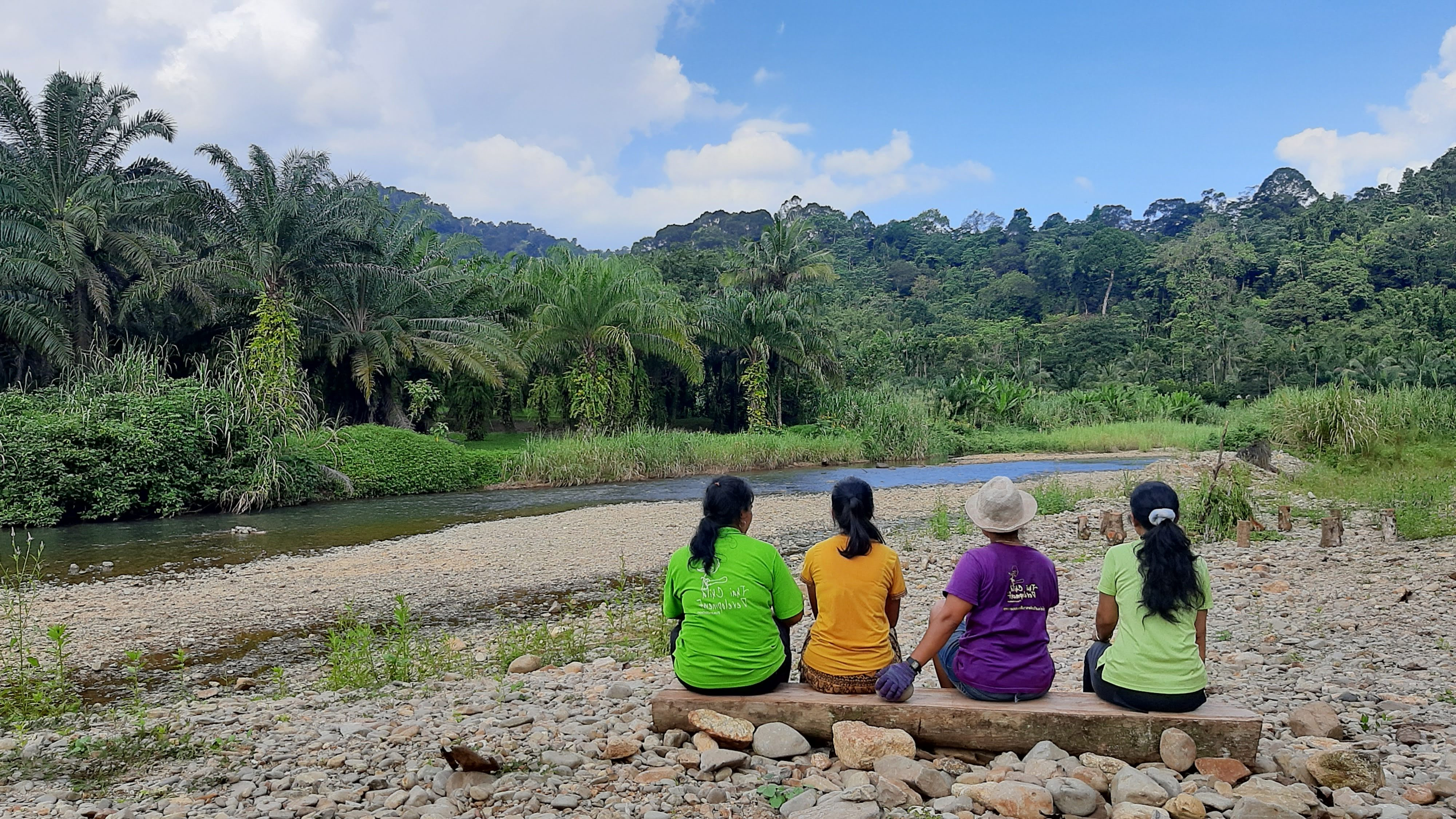
Circular Community Campus
Thai Child Development Foundation (TCDF) is redefining vocational training. At the core of this vision is the Circular Community Campus, where the concepts of sustainability and entrepreneurship are brought to life. This initiative is not just about imparting skills; it’s about forging a path to financial independence, sustainability on a local level and resilience.
Vocational training

Vocational training
Sustainability & Entrepreneurship
Within the vocational training program at the Thai Child Development Foundation (TCDF), we champion the core principles of sustainability and entrepreneurship. Our program is designed to cover a wide range of essential skills and knowledge, focusing on nurturing a mindset in our students that is geared towards financial resilience and independence.
Beyond environmental awareness
Our program is designed not just to raise awareness about environmental stewardship but also to equip students with practical skills in financial management and entrepreneurial thinking. By integrating these elements, we are preparing our students to navigate the complexities of the modern economic landscape confidently.






A Campus Like No Other
A Sanctuary for Growth
Nestled within 16 acres of a lush food forest farm, the Circular Community Campus at the Thai Child Development Foundation (TCDF) stands as a unique beacon of learning and growth. Far more than just a physical location, it represents a sanctuary where education transcends traditional boundaries, blending with the natural world in a harmonious symphony of learning experiences.
Immersive Learning in Sustainable Agriculture
At this campus, students are given the opportunity to deeply immerse themselves in a variety of farm-related skills. They engage in hands-on learning, ranging from fish farming to organic cultivation, gaining practical knowledge and experience in sustainable agriculture. This immersive approach ensures that students understand not only the theories behind sustainable farming but also the practical aspects of implementing these methods.
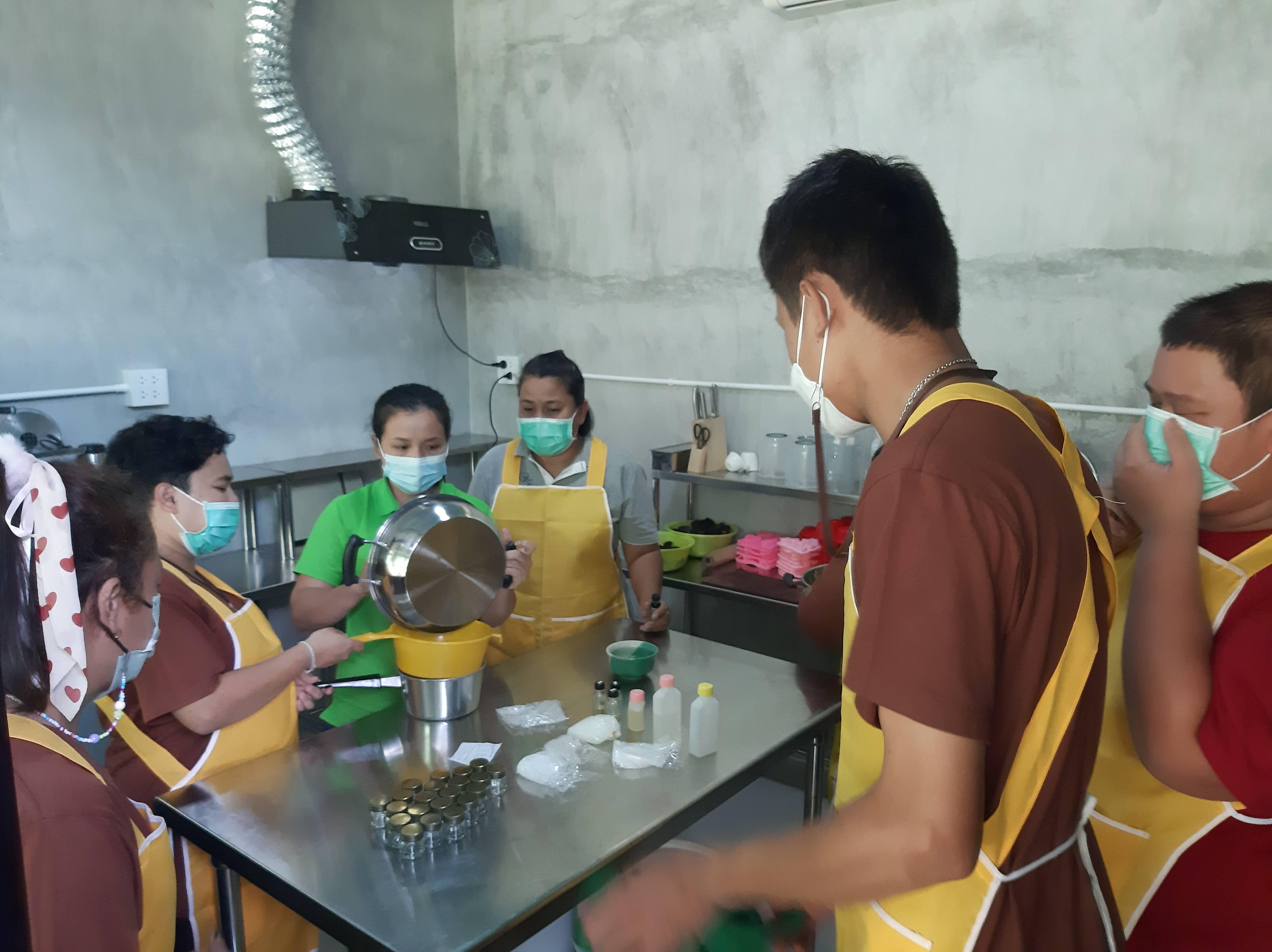

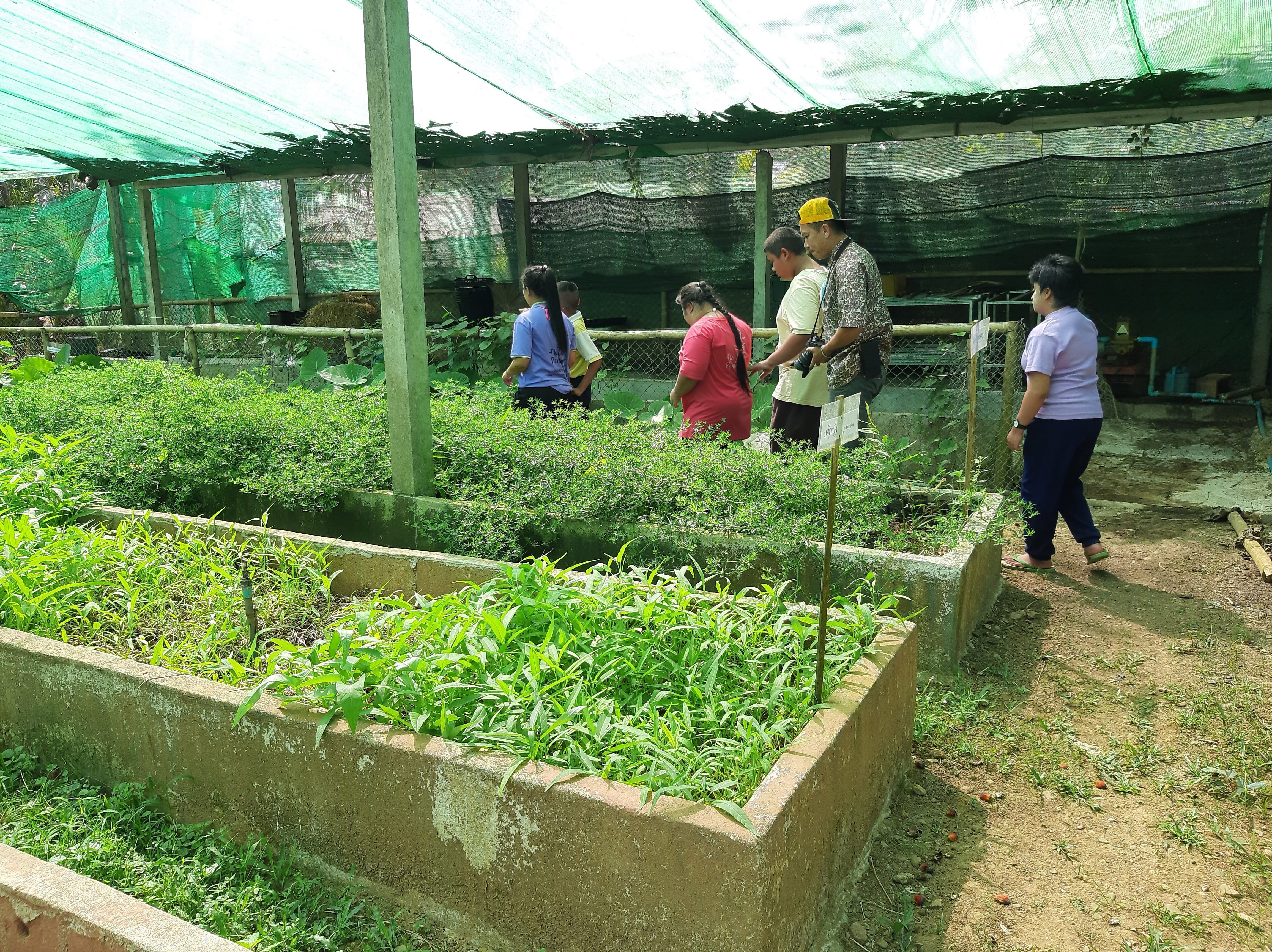



Sustainable education
Sustainable Crafts and Recycling Initiatives
Beyond agriculture, the campus is also a center for learning sustainable practices and crafts. Students are introduced to the importance and techniques of recycling, transforming waste into valuable resources. They learn the art of creating everyday products through sustainable means, fostering a culture of creativity and environmental responsibility.
Creating a Model for Sustainable Education
The Circular Community Campus is more than just a place for academic learning; it is a model for sustainable education. It provides a space where students can connect with nature, understand the importance of environmental stewardship, and develop the skills necessary for a sustainable future.
Skills and Community
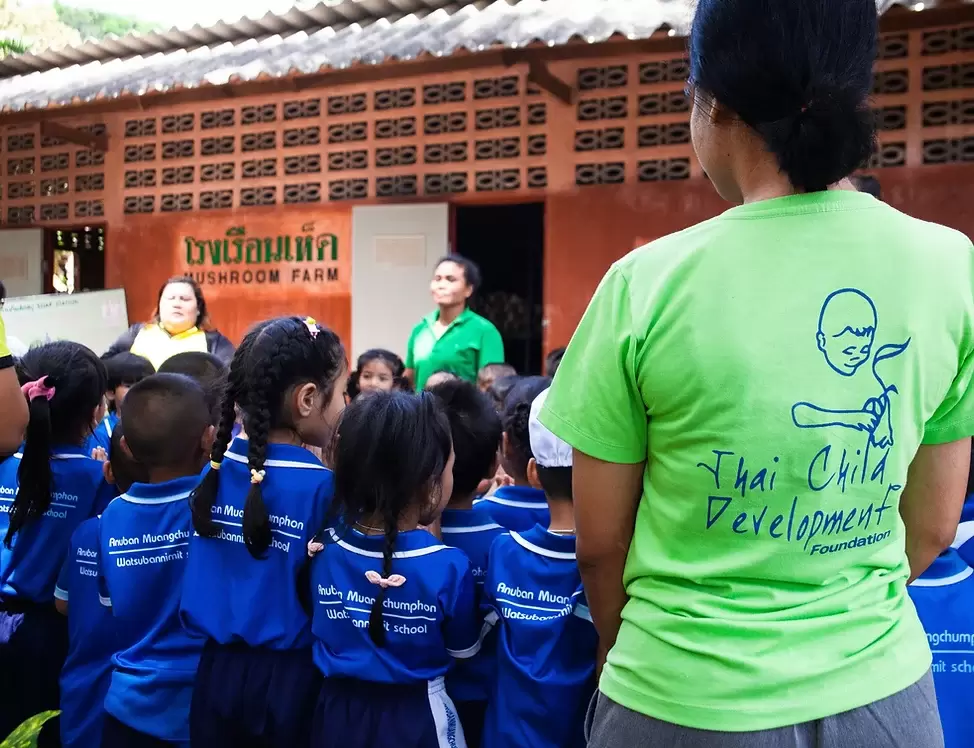
Skills and Community
The Campus thrives on three key educational components:
- Entrepreneurship Skills Program: Tailored for youths aged 16 and above, this program focuses on practical, farm-related professions, nurturing the entrepreneurs of tomorrow.
- Forest School Academy: An open platform for visiting students, the academy offers a unique environmental education experience for schoolcamps.
- Community Learning Center: Acting as a hub for the broader community, this center hosts a variety of workshops and job creation programs, with a special emphasis on empowering girls and single mothers.
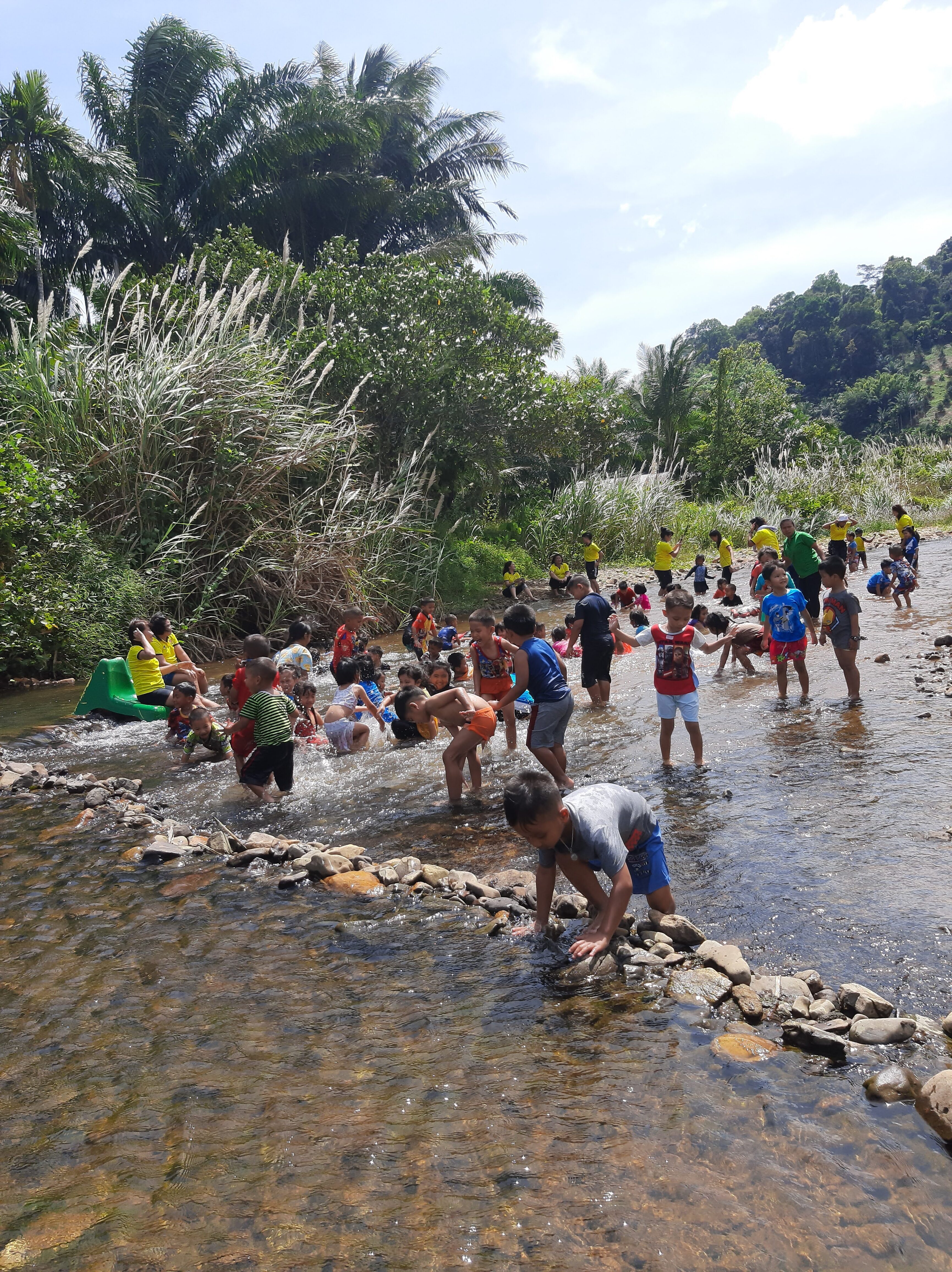
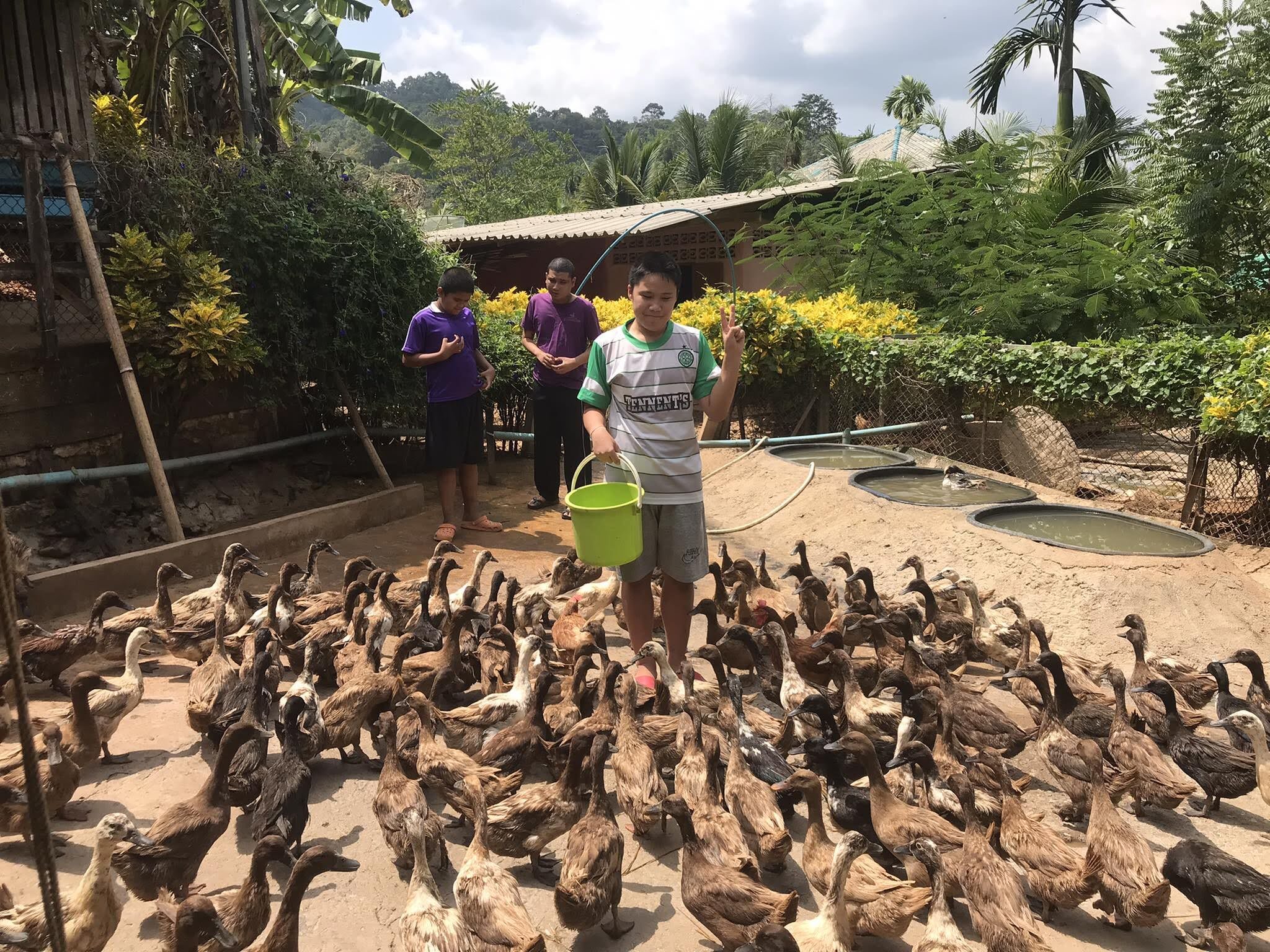
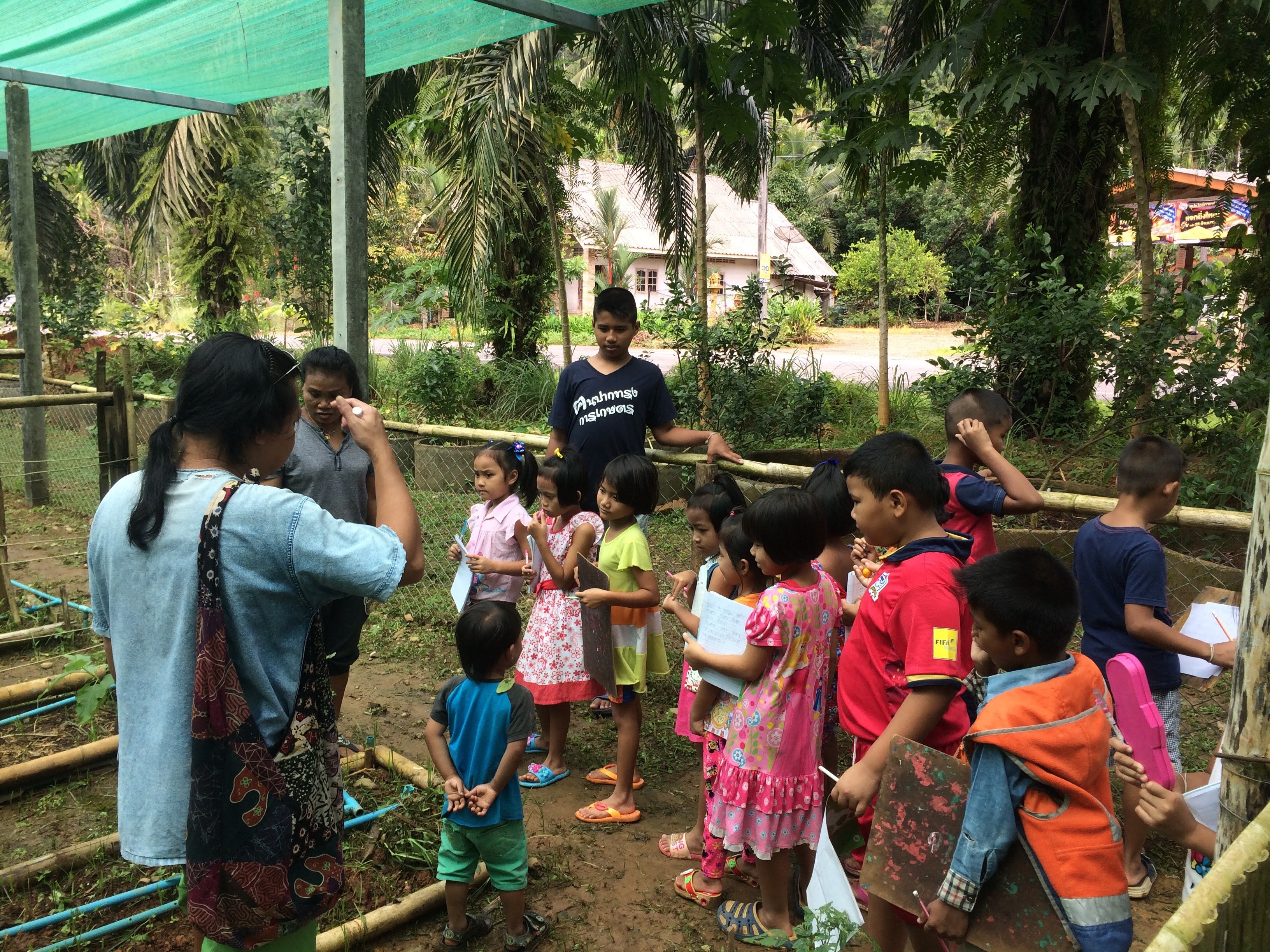
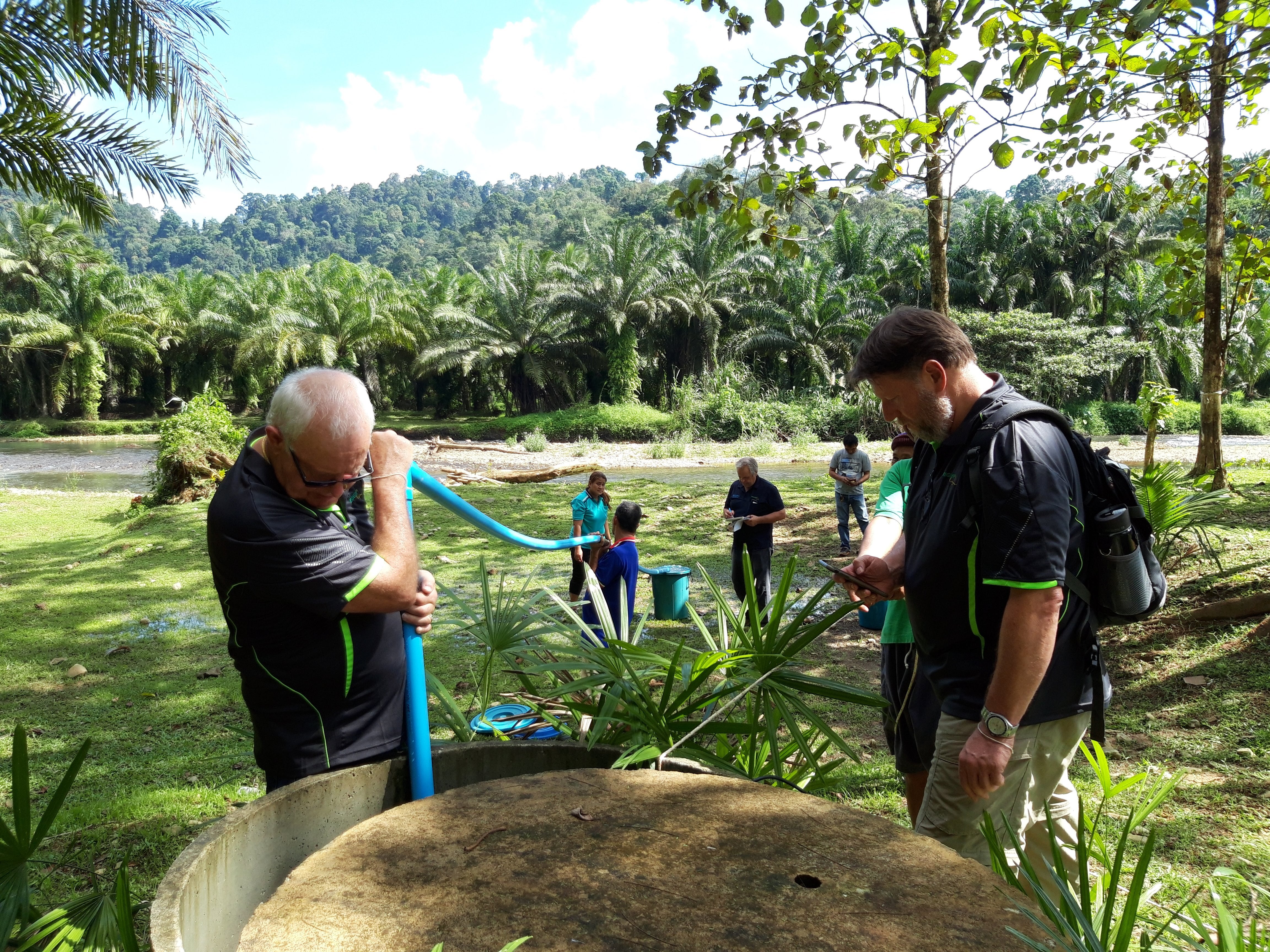

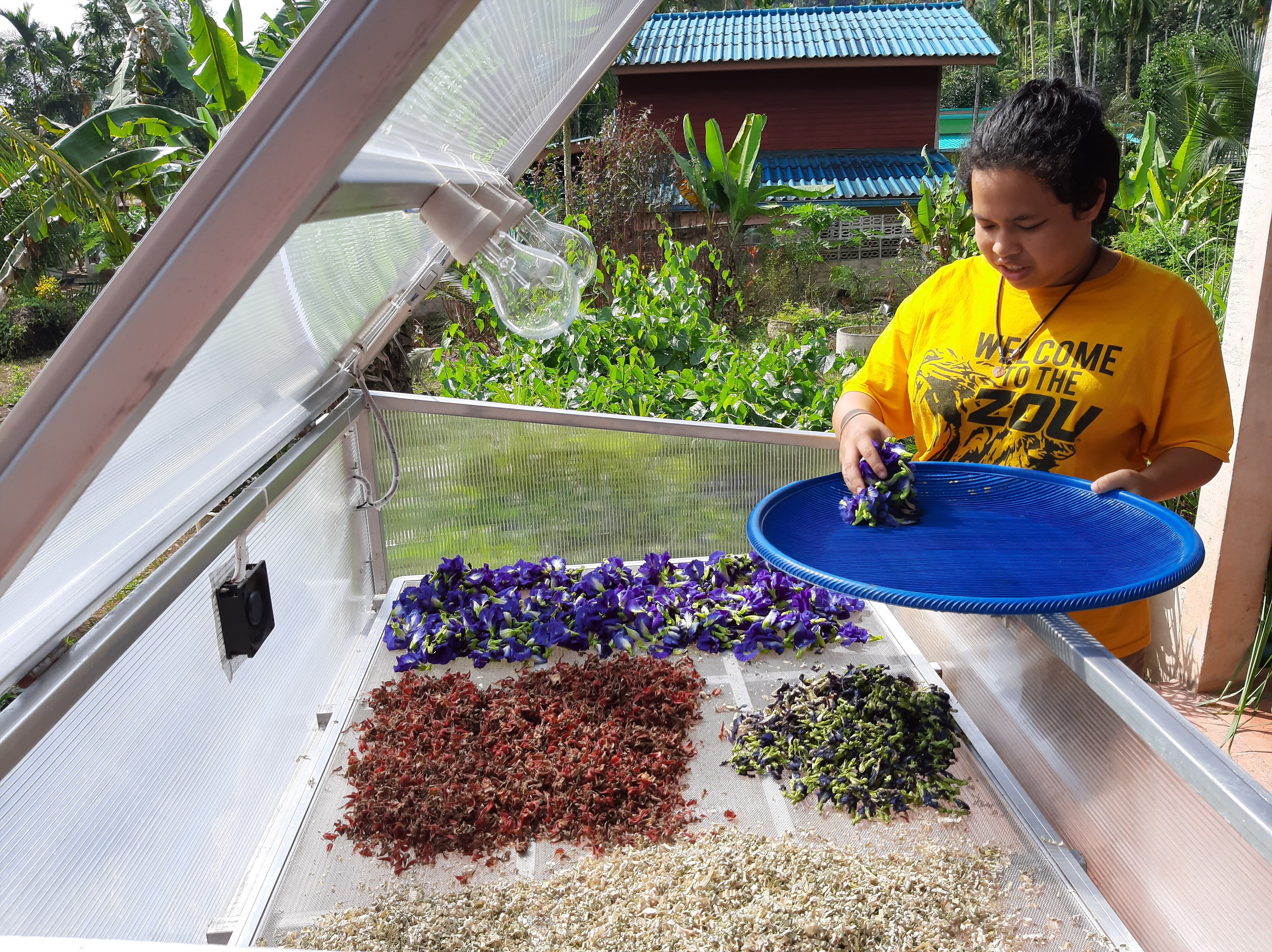
A Ripple Effect
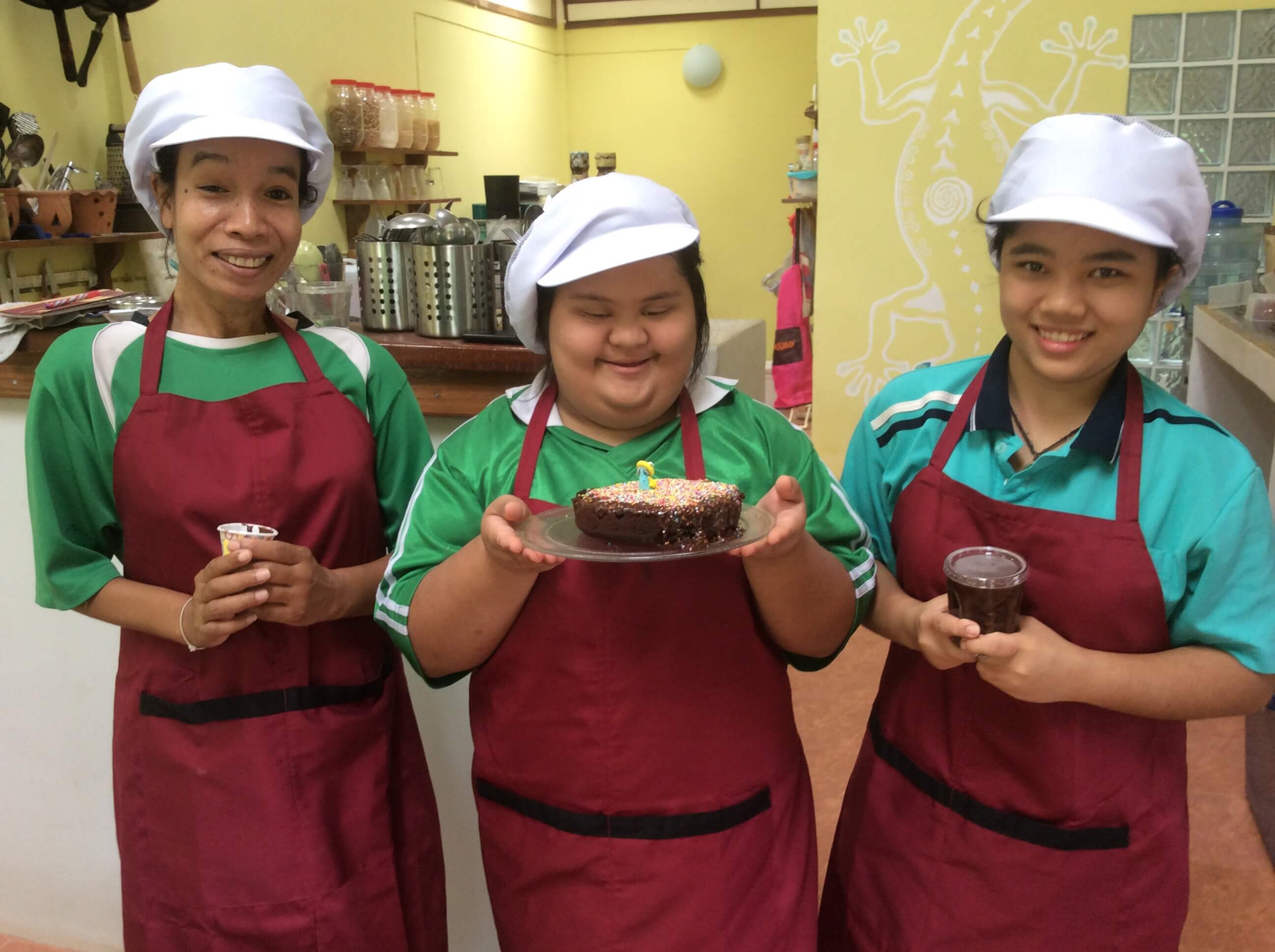
A Ripple Effect
Social impact shop
TCDF's initiatives extend beyond the campus. The future development of microcredit programs will allow graduates to start and scale their businesses, creating a cycle of empowerment nationwide. Additionally, the Foundation runs a Social Impact Shop, selling products made by women empowerment groups, thus supporting both individual artisans and the foundation.
Microcredit initiatives
As TCDF looks to the future, the expansion of these microcredit initiatives and the engagement with international groups in both the public and the private sector are key focal points. This global outreach not only enhances the program’s impact but also fosters a richer exchange of skills and ideas.
Hands on Helping
Visit us
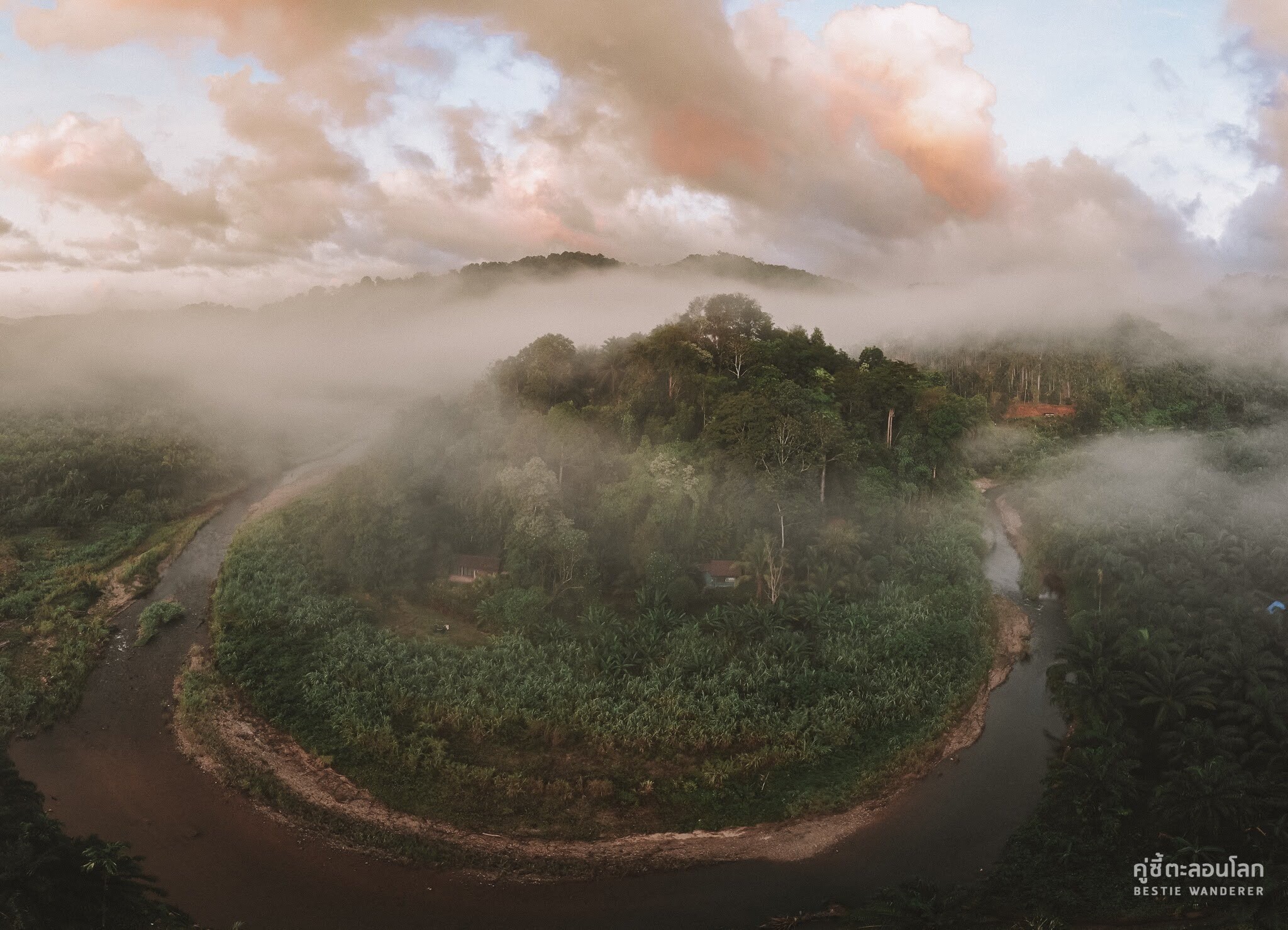
Hands on Helping
Visit us
At TCDF only our proffesional team on local women work directly with the underprivileged children in our programs. However the Thai Child Development Foundation (TCDF) team warmly welcomes visitors to help with agricultural tasks and educational activities ( sport, music, English, computer, etc) on our farms and at our forest school for local children.
Please note that our donations money cannot be used to host and feed volunteers so all volunteers and visitors to the campus are expected to pay for their own food. There is however a free dormitory for volunteers and interns. Private rooms and bungalows can be reserved at Ecologic resort in the link below. The TCDF Circular Campus near Ranong is located in a unique natural surrounding and there is a lot to do in the area for nature lovers. So you can combine your next holiday with giving back, hope to see you soon!